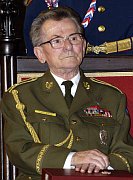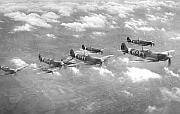Advertisement
Help Keep Boards Alive. Support us by going ad free today. See here: https://subscriptions.boards.ie/.
https://www.boards.ie/group/1878-subscribers-forum
Private Group for paid up members of Boards.ie. Join the club.
Private Group for paid up members of Boards.ie. Join the club.
Hi all, please see this major site announcement: https://www.boards.ie/discussion/2058427594/boards-ie-2026
The After Effect Of War 1945-50
-
03-07-2009 10:35AM#1
Comments
-
-
-
-
-
-
Advertisement
-
Advertisement
 Antonin Spacek, photo: CTK
Antonin Spacek, photo: CTK